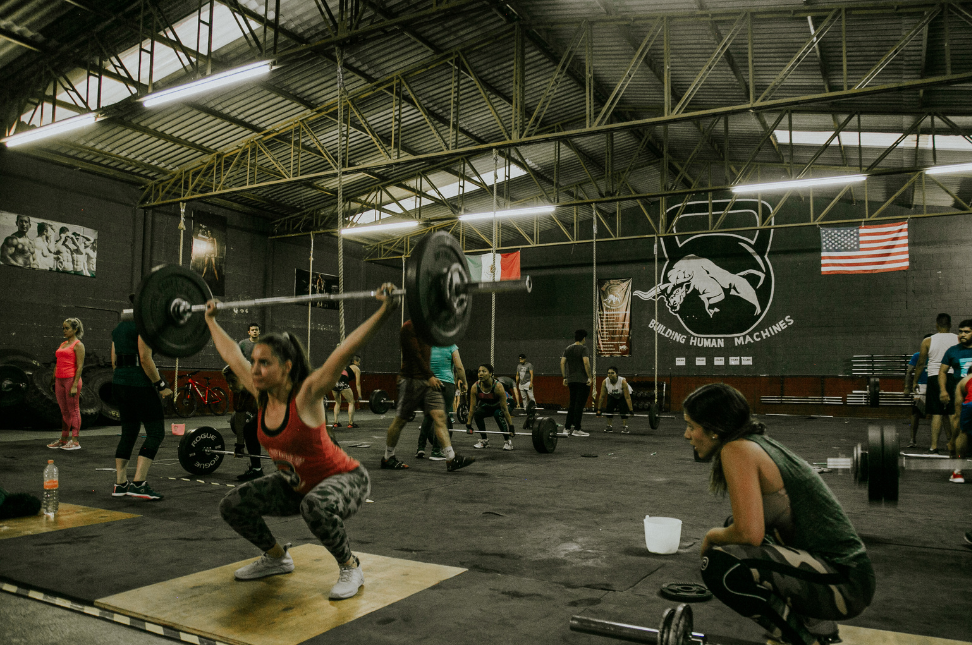When it comes to optimizing your workout performance, Pre-Workout Nutrition: What to Eat for Maximum Energy plays a critical role. Consuming the right foods before exercise can provide the energy and stamina you need to push through your routine. Here’s a detailed guide on what to eat to maximize your workout energy.
Understanding the Importance of Pre-Workout Nutrition
Pre-Workout Nutrition is essential because it fuels your body, enhances endurance, and aids in muscle recovery. Eating the right foods before a workout ensures your body has the necessary nutrients to perform at its best.
Key Nutrients for Pre-Workout Energy
- Carbohydrates
Carbohydrates are the body’s primary energy source. They help maintain blood glucose levels and provide the quick energy needed for physical activity.
- Oats: Slow-releasing carbs that provide sustained energy.
- Bananas: High in potassium and carbohydrates, offering a quick energy boost.
- Whole Grain Bread: A good source of complex carbs for lasting energy.
- Protein
Protein supports muscle repair and growth. Including protein in your pre-workout meal can help prevent muscle breakdown during exercise.
- Greek Yogurt: Rich in protein and easy to digest.
- Eggs: Provide high-quality protein and essential amino acids.
- Protein Shakes: Convenient and quick to prepare, ideal for those on the go.
- Healthy Fats
Healthy fats can provide a longer-lasting source of energy, especially for longer workouts.
- Avocado: Rich in healthy fats and vitamins.
- Nuts and Seeds: Provide a mix of protein, fat, and fiber.
- Nut Butter: A quick source of healthy fats when spread on whole grain bread.
Timing Your Pre-Workout Meal
Timing is crucial when considering Pre-Workout Nutrition. Ideally, you should eat your pre-workout meal 2-3 hours before exercising. This allows your body to digest the food and convert it into usable energy.
- Large Meals: Eat these 3-4 hours before exercising.
- Small Snacks: Eat these 30-60 minutes before working out.
Sample Pre-Workout Meals and Snacks
- For Morning Workouts:
- Oatmeal with Berries: A perfect blend of carbs and antioxidants.
- Whole Grain Toast with Peanut Butter: Provides carbs, protein, and healthy fats.
- Fruit Smoothie with Protein Powder: Quick to digest and full of essential nutrients.
- For Afternoon Workouts:
- Chicken and Brown Rice: Balanced meal with protein and complex carbs.
- Quinoa Salad with Vegetables: Offers fiber, protein, and vitamins.
- Greek Yogurt with Honey and Nuts: A mix of protein, carbs, and healthy fats.
- For Evening Workouts:
- Turkey and Avocado Wrap: Provides protein, healthy fats, and carbs.
- Cottage Cheese with Pineapple: Light, yet packed with protein and carbs.
- Banana and Almond Butter: Quick snack with essential nutrients.
Hydration Matters
Hydration is a critical component of Pre-Workout Nutrition. Proper hydration ensures that your body can perform optimally and prevents fatigue and dehydration.
- Water: Drink at least 16-20 ounces of water 2-3 hours before your workout.
- Electrolyte Drinks: Consider these if you’re engaging in intense or prolonged exercise.
Foods to Avoid Pre-Workout
Some foods can hinder your performance or cause discomfort during exercise. Avoid the following before your workout:
- High-Fat Foods: They can cause sluggishness and take longer to digest.
- Sugary Snacks: These can cause a quick spike in energy followed by a crash.
- Spicy Foods: They might lead to indigestion or discomfort during exercise.
Personalized Pre-Workout Nutrition
Everyone’s body responds differently to various foods. It’s important to personalize your Pre-Workout Nutrition based on how your body feels and performs. Experiment with different foods and timings to find what works best for you.
Conclusion
Pre-Workout Nutrition: What to Eat for Maximum Energy is crucial for maximizing your workout potential. By focusing on the right balance of carbohydrates, protein, and healthy fats, and timing your meals correctly, you can enhance your energy levels, improve your performance, and support muscle recovery. Remember, staying hydrated and avoiding certain foods can also make a significant difference in your workout effectiveness. Personalize your nutrition plan to suit your body’s needs and enjoy the benefits of optimized performance and better overall fitness.




